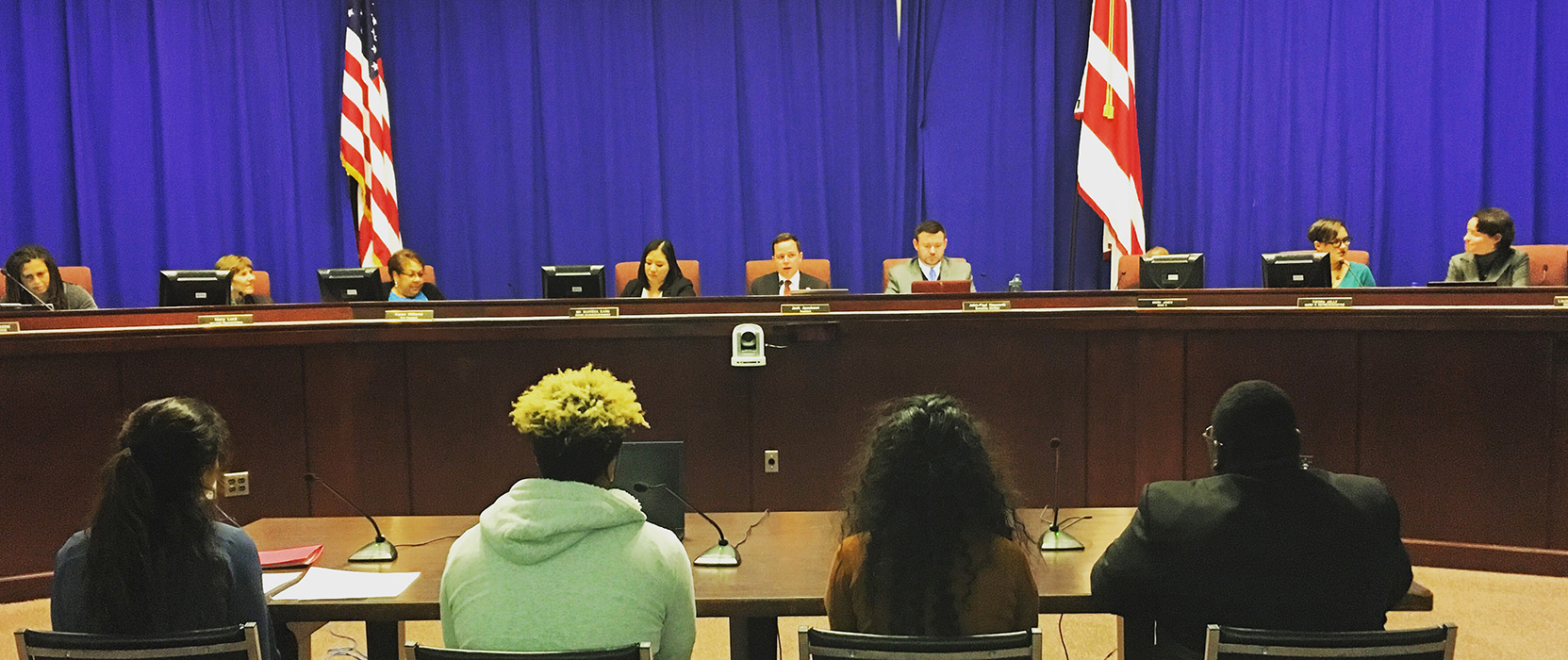
***
During the next year, YWP will work to make this Agenda a reality for DC youth.
- Improve sexual health outcomes of DC youth ages 14-24 so that delay pregnancy, reduce STI and HIV rates, increase contraception-use rates, and practice healthy relationships. Through the Youth Health Educator Program (YHEP), YWP develops and implements a model peer health education program that employs youth part time to improve sexual health outcomes for youth. Each year, YHEP will conduct 50,000 educational interventions, distribute 80,000+ condoms, and refer 1000+ youth to school and community based clinics
- Improve health and wellbeing of DC public school youth ages 4-19 through the development and implementation of the 2016 Health Education Standards.
- Improve work readiness and job placement of DC youth ages 14-24 so that they can secure work and develop careers by increasing the number of in-school and out-of-school year-round placements (to 2000) and program quality. Develop the capacity to develop and implement model programs that employ youth, develop and pilot curricula, and inform the program approach and outcomes of DOES. Engage youth staff as advocates to improve DOES.
- Increase support and programming for foster youth (14-21) so that they are able to find jobs, complete high school and college, secure housing, and access system rights. Through the Foster Care Campaign, develop, support, engage 40 foster youth staff each year who will assess government services, conduct research, provide feedback and advocacy.
- Increase support and programming for youth who emancipate from CFSA (21-24) so that they are able to find work, continue educational progress, improve their health, secure housing, and build healthy relationships. Develop the capacity to develop and implement model program to build the capacity of and provide services to youth aging out of foster care in order to achieve the below outcomes. The model program will serve between 50-250 youth and will help to directly inform the program approach and outcomes of CFSA and other government agencies
- Increase engagement of youth in the electoral process by passing the Youth Voting Act, which lowers the voting age to 16. Build a coalition of national organizations, local youth, parents, and other supporters.
- Increase the visibility and effectiveness of youth leaders in shaping agency-level and legislative policy and implementation by catalyzing agency-level working groups and engaging youth in the oversight and budget processes.


